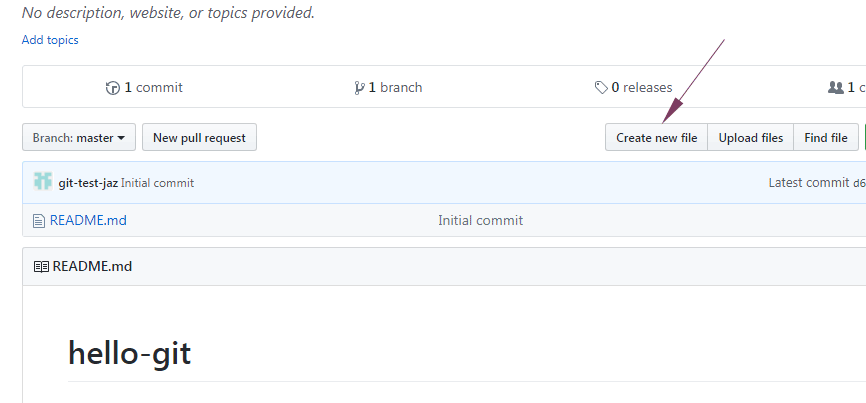

The company's move is part of a bigger trend in the tech community.Īfter the brutal death of George Floyd and the Black Lives Matter protests earlier this year, tech companies wanted to show their support for the black community by abandoning non-inclusive terms such as master, slave, blacklist, and whitelist.Ĭompanies and major open source projects like Microsoft, IBM, Twitter, Red Hat, MySQL, the Linux kernel, and OpenBSD have agreed to make changes to their technical jargon all through the 2020 summer. "When you rename the branch, we'll retarget your open PRs and draft releases, move your branch protection policies, and more - all automatically." GitHub promised in June "By the end of the year, we'll make it seamless for existing repositories to rename their default branch," GitHub said. "For existing repositories, renaming the default branch today causes a set of challenges," GitHub explained in a support page published earlier this month, such as having to edit settings for pull requests and modifying security policies. 1, 2020, any new repositories you create will use main as the default branch, instead of master," the company said.Įxisting repositories that have "master" set as the default branch will be left as is. Developers make copies of the " master" on their computers into which they add their own code, and then merge the changes back into the " master" repo. GitHub repositories are where users and companies store and synchronize their source code projects.īy default, GitHub uses the term " master" for the primary version of a source code repository.


Teams need tools to help them collaborate and stay productive while remotely working.


 0 kommentar(er)
0 kommentar(er)
